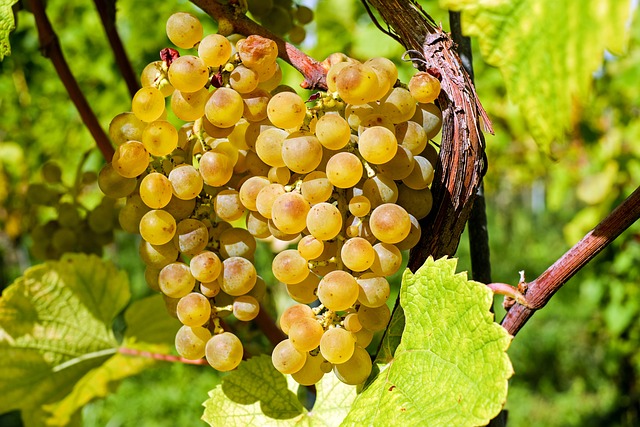Probiotic Powerhouses: Exploring the Top Probiotic-Rich Foods
Probiotics have gained immense popularity in recent years, and for good reason. These beneficial bacteria are known to support our digestive and immune systems, promote a healthy gut, and even potentially improve mental health. While probiotic supplements are available, it’s always best to get your dose of probiotics from natural food sources. In this blog post, we will explore the top probiotic-rich foods that you can easily incorporate into your diet.
1. Yogurt
Yogurt is perhaps one of the most well-known sources of probiotics. Made from fermented milk, yogurt contains live cultures such as Lactobacillus and Bifidobacterium that aid in digestion and promote a healthy gut. When looking for probiotic-rich yogurt, opt for plain or Greek yogurt, as flavored varieties often contain added sugars. You can enhance the taste by adding fresh fruits or a drizzle of honey.
2. Kefir
Similar to yogurt, kefir is a fermented milk drink that is packed with probiotics. It is made by adding kefir grains to cow’s or goat’s milk, resulting in a creamy and tangy beverage. Kefir not only contains a variety of beneficial bacteria strains but also provides essential vitamins, minerals, and proteins. You can enjoy kefir on its own, blend it into smoothies, or use it as a substitute for milk in recipes.
3. Sauerkraut
Sauerkraut, made from fermented cabbage, is another great source of probiotics. During the fermentation process, cabbage is salted and left to ferment, allowing beneficial bacteria to develop. This tangy and crunchy food is not only rich in probiotics but also high in fiber and vitamins. Add sauerkraut as a topping to sandwiches, salads, or enjoy it as a side dish to boost your gut health.
4. Kimchi
Kimchi is a traditional Korean dish that is made by fermenting cabbage and other vegetables with a combination of spices. This tangy and spicy food is not only a delicious addition to meals but is also rich in probiotics. The fermentation process enhances the nutrient content and introduces diverse bacterial strains to promote gut health. Incorporate kimchi into stir-fries, rice bowls, or enjoy it as a side dish to reap its probiotic benefits.
5. Tempeh
Tempeh is a fermented soybean product that originated in Indonesia. It has a firm texture and nutty flavor, making it a versatile ingredient in various dishes. Besides being a great source of plant-based protein, tempeh also contains beneficial probiotics. The fermentation process increases its digestibility and nutrient absorption. You can use tempeh as a meat substitute in stir-fries, salads, or marinate and grill it for a flavorful protein option.
6. Miso
Miso, a traditional Japanese staple, is a paste made from fermented soybeans with the addition of salt and a fungus called koji. This fermented food is not only full of umami flavor but also provides a range of beneficial bacteria. Miso soup is a popular way to enjoy this probiotic-rich ingredient, but you can also use miso paste to add depth of flavor to marinades, dressings, and glazes.
7. Kombucha
Kombucha is a fermented tea that has gained popularity for its fizzy texture and tangy taste. It is produced by fermenting sweetened tea with a symbiotic culture of bacteria and yeast (SCOBY). The fermentation process converts the sugars into probiotics, organic acids, and antioxidants. Enjoy kombucha as a refreshing beverage or use it as a base for homemade salad dressings and marinades.
Incorporating these probiotic-rich foods into your diet can provide numerous health benefits. However, it’s important to introduce them gradually and in moderation, as excessive consumption may lead to digestive discomfort. If you have any specific health concerns or conditions, consult with a healthcare professional or registered dietitian before making significant changes to your diet.
Remember, consistency is key when it comes to supporting your gut health. So, try to consume probiotic-rich foods regularly and listen to your body’s needs. Here’s to a happier, healthier gut!







